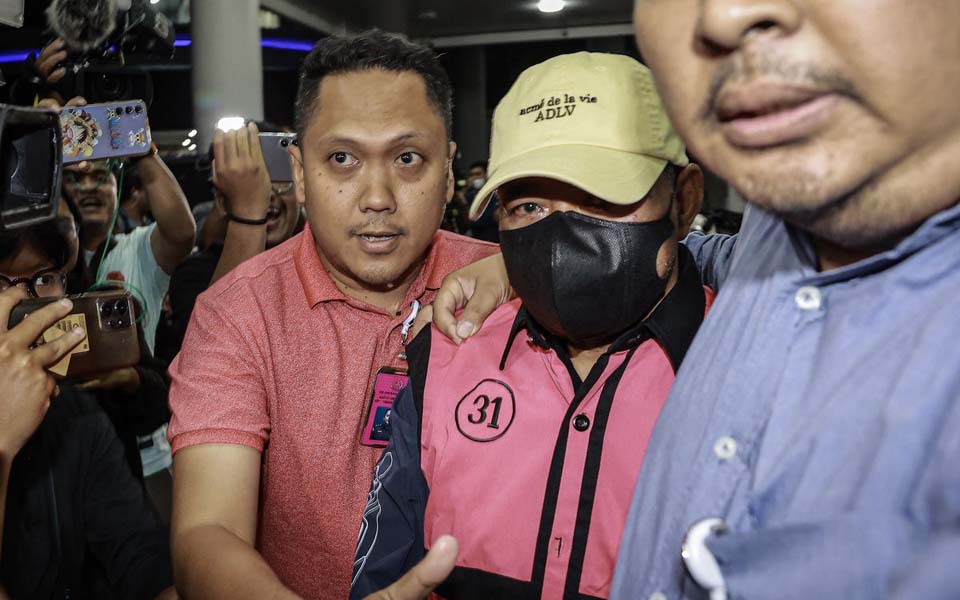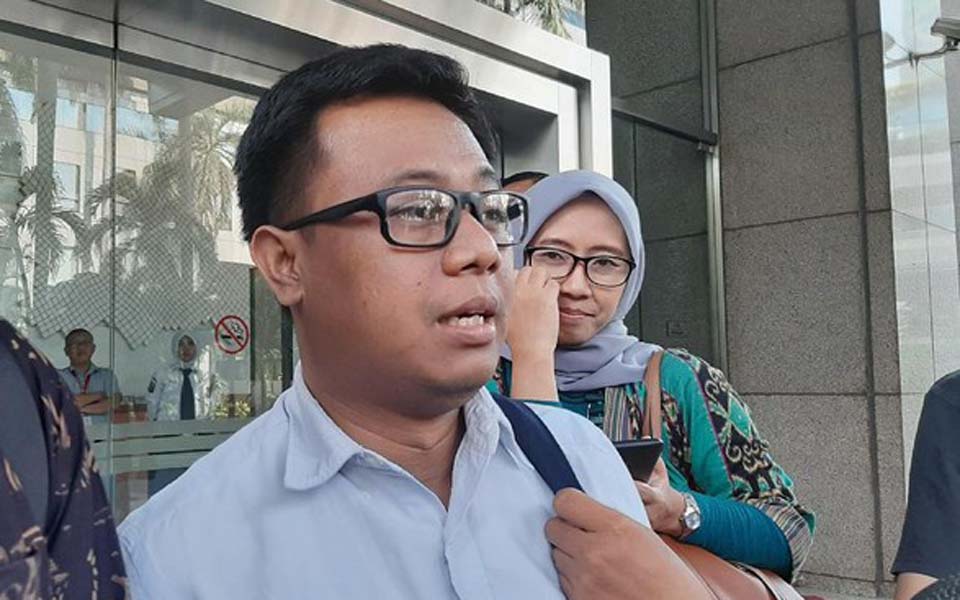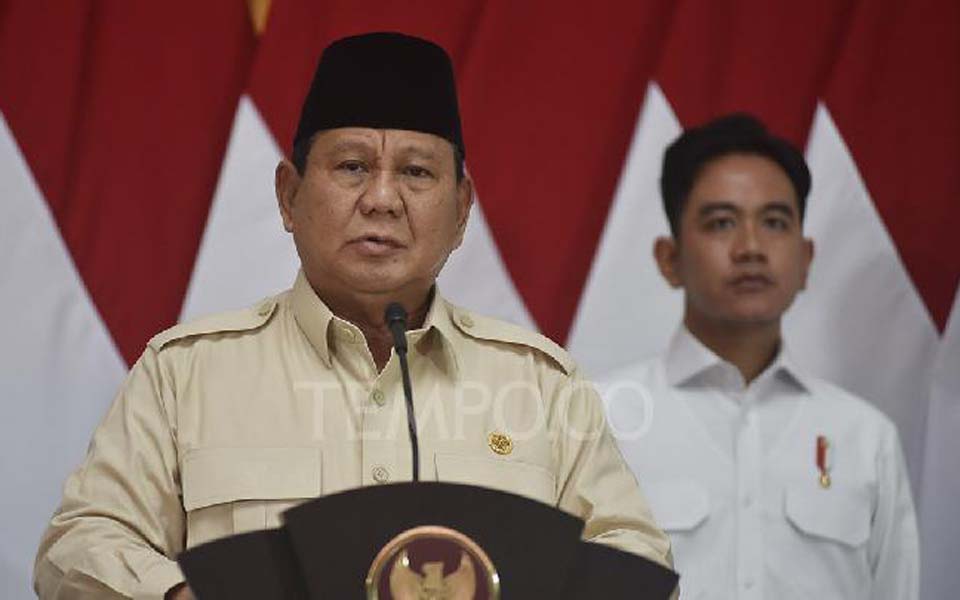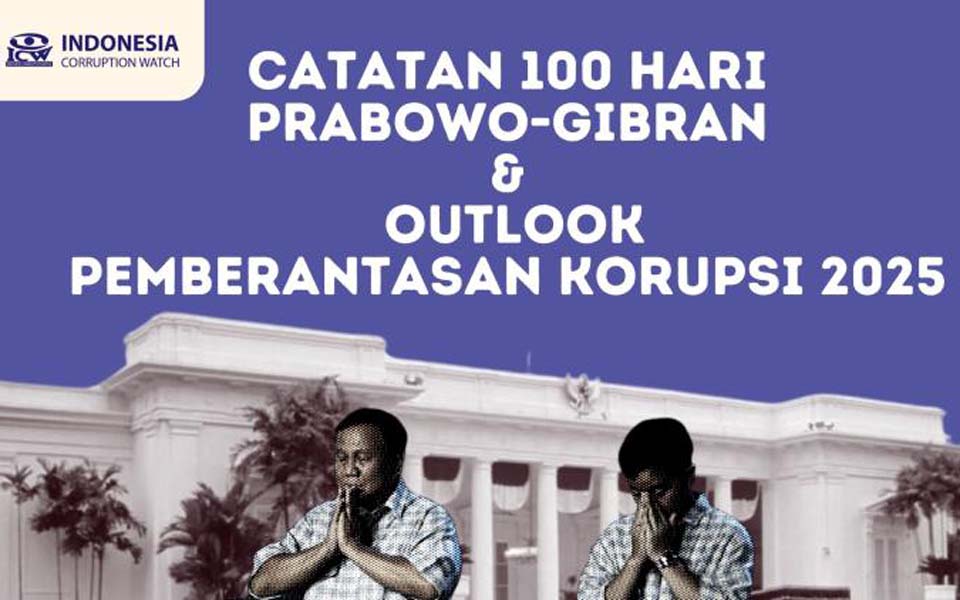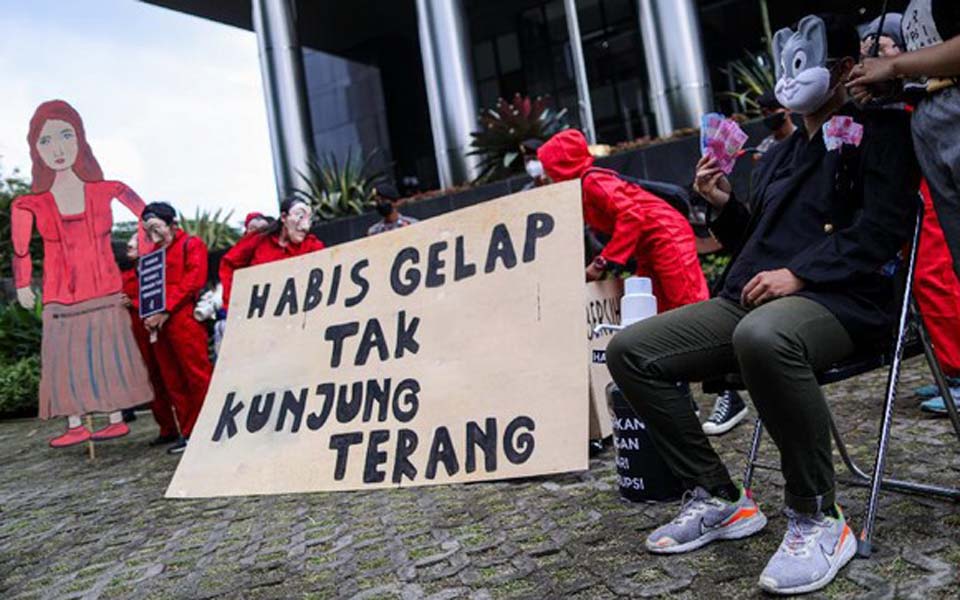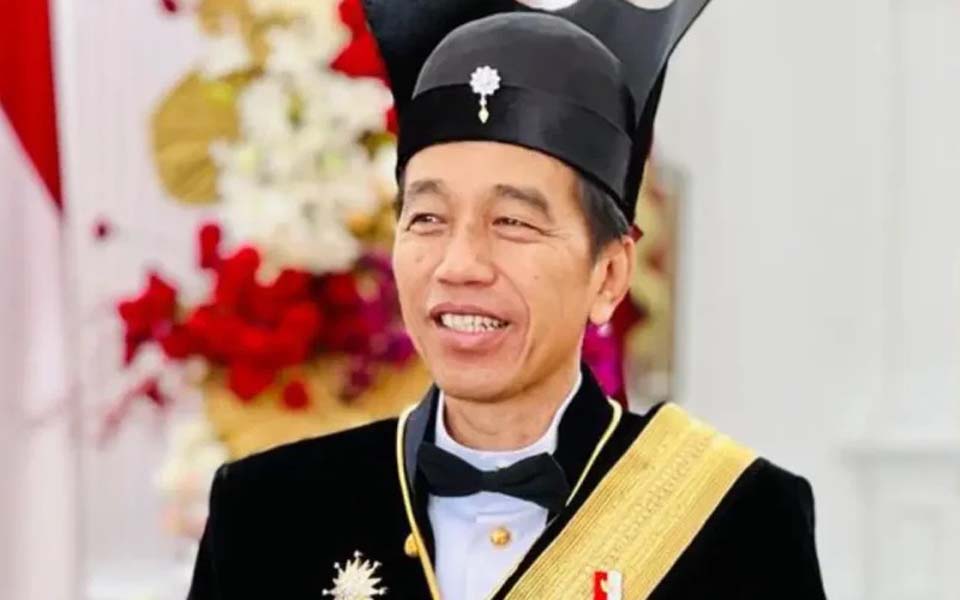Jakarta – The widespread use of political image projection, including in the recent elections of regional heads, is further driving up the cost of competing in elections. Political costs are being sapped to pay for survey institute services and political consultants. This is the “big harvest” for political consultants.
The Indonesian Survey Institute (LSI) for example, claims to have ensured the victory of 17 governors in regional elections since 2005, or more than 50 percent of the governors elected throughout Indonesia. Currently the LSI is handing two candidate governors contesting regional elections in 2010.
“We want [to achieve] an even higher figure. Almost 90 percent of the clients handled by LSI have won regional elections. Even though some have lost, it was because they failed to meet the payments so there were programs that were not run”, said LSI Executive Director Denny JA late last week.
Aside from acting as political consultants in the elections of political party chiefs, political consultants have also acted as consultants for candidates in 244 regional elections.
Political parties as well as candidates still make extensive use of their services for various motives, from simply wishing to assess their popularity to seeking to jack up their level of public recognition and electability among voters.
Pro-bono
Denny JA admits to once helping a candidate in a regional election without payment because the candidate was well known and liked by the public. The result was that the candidate won the gubernatorial election. The LSI has also assisted regional election candidates who are not well known, but have large amounts of funds.
“One other important proviso is that the candidate is not currently in jail. [Although] if they are still only a suspect, we can still help them win”, said Denny.
Data gathered by Kompas over the period of a week indicates that the fee for hiring survey institute services to conduct an initial identification of a candidate’s level of public recognition and electability for a regency or municipality election in Java is between 100-150 million rupiah (approx US$10-15,000). But the price varies greatly depending on the number of respondents surveyed, the margin of error as well as the size of the area and geographical conditions.
For regencies and municipalities outside of Java, the fee can swell by two to three times that amount because of limited access to transportation.
The cost of hiring a political consultant for a candidate taking part in a gubernatorial election can be as high as 40 billion rupiah. And although this is a huge amount of money to spend, the candidate could still lose. The size of the consultancy fee therefore is not a guarantee of a candidate’s victory.
The highest profit levels belong to political consultants and can be as high as 50 percent of the contract fee. This high profit level is because consultants can arrange the programs and financing structure that is offered.
An investigation by Kompas Research and Development (Litbang Kompas) indicated a similar finding. The fee for a voter survey at the provincial level stands at between 100-500 million rupiah. The cost of political mass media advertising for a candidate governor is around 1-5 billion rupiah per month. The fee for image projection for a candidate governor can reach 20 billion rupiah.
Indo Barometer Executive Director M. Qodari says that the consultancy service hiring fee is very much dependent on the financial capacity of a candidate and the package of programs offered by a particular political consultant or survey institute. Above all, like other professional services, political consultancy and survey institute fees vary greatly depending on the reputation of a given firm.
Indonesian Public Opinion Research Association (AROPI) Secretary General and Executive Director of the National Survey Institute (LSN), Umar S. Bakry confirmed the range of fees found by Litbang Kompas’ research. In some case the cost can be even higher.
According to Bakry, currently it is mostly survey institutes that exist in Indonesia. In addition to AROPI there is also the Indonesian Public Opinion Survey Association (Persepi). Political consultants in Indonesia however are still very rare and generally hold positions as political and mass communication specialists. Other political consultancy institutes, aside from the LSI led by Denny, include Fox Indonesia, one of the founders of which is Rizal Mallarangeng, Charta Politika (Political Charter) headed by Bima Arya Sugiarto and Pol Mark Indonesia founded by Eep Saefulloh Fatah.
Three requirements
Denny JA says that there at least three requirements that must be met by candidates if they want to contest regional elections, namely being well known, liked and having the funds. “If they don’t have these three, they won’t win. But if they only meet two of the requirements, the possibility of winning still exists”, he said.
The Golkar Party consistently makes use of political consultancy services. Golkar General Chairperson Aburizal Bakrie has said that his party uses surveys to look at the possibilities of what will occur in regional elections.
The closer a survey is conducted to an election the higher the likelihood that the result will be the same as the election itself. “So Golkar Party cadre who have a high rank in a survey usually get a similar result in regional elections”, said Bakrie last week. (MZW/SIE/NWO)
[Translated by James Balowski.]






